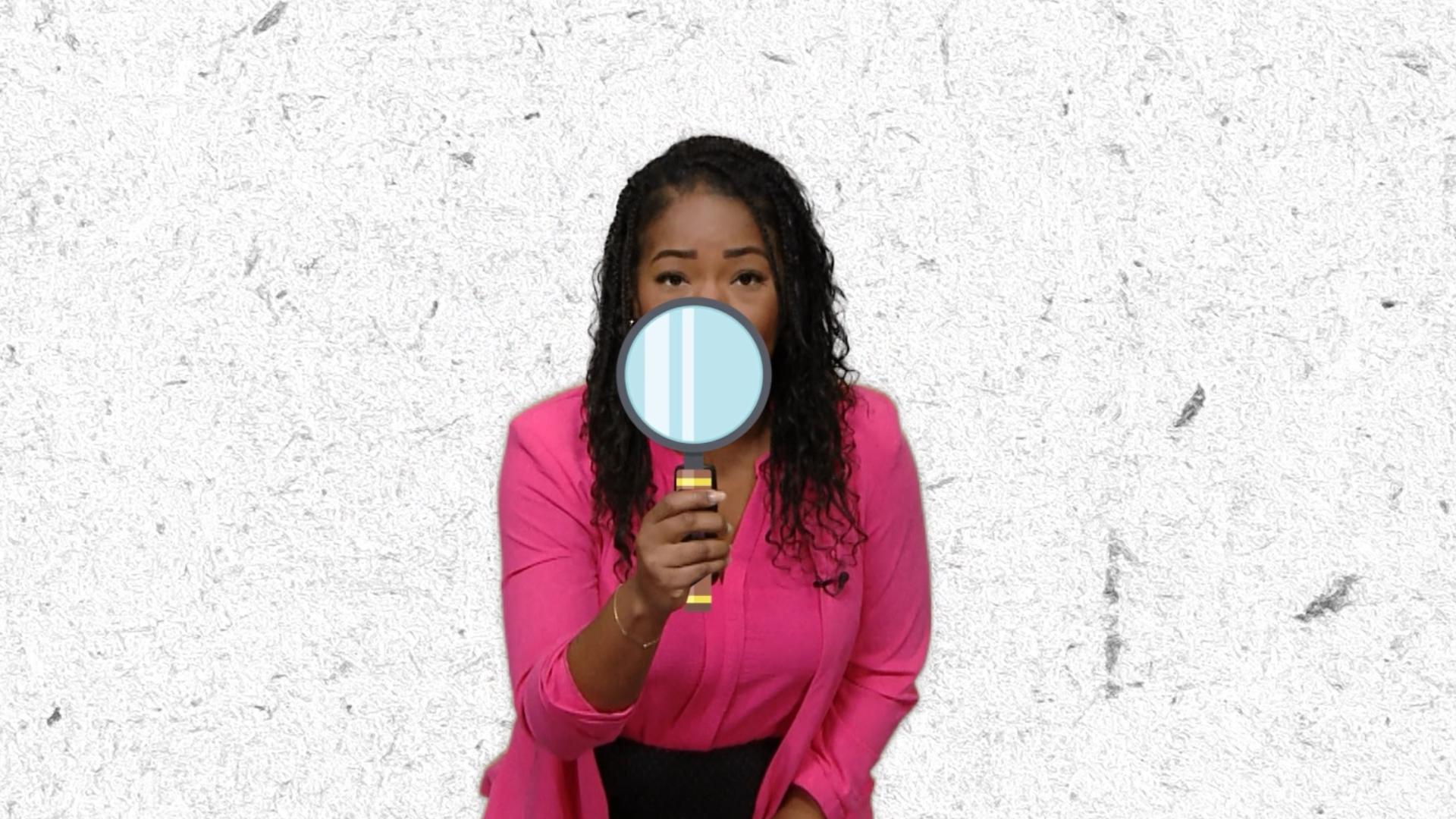ATLANTA — When people go to the polls to vote, they may come across a poll watcher or poll monitor - and they have two different roles. There are also poll workers who help with the election process.
Poll watchers and poll monitors have roles defined by Georgia election code. Here are the difference between the two.
What is a poll watcher?
These are people who observe at a polling place on Election Day or early voting and are allowed to get a behind-the-scenes look at the vote-counting process.
Georgia law allows each political party to designate up to two poll watchers per precinct. Nonpartisan and independent candidates get one. Each political party or candidate must certify, under oath, that the poll watchers have completed the required training. Georgia law also requires that they wear a badge provided by election officials, designating them an "official poll watcher."
Authorized poll watchers are allowed within 6 ft. of the area encompassing the ballot marking device and all voting stations. They can sit or stand as close as is practical; however, they are not permitted to hear certain confidential information, such as voters' birthdays or driver's license numbers.
To learn more about becoming a poll watcher, check out the Secretary of State's training manual. According to the office, the training has to be provided by the political party, political body or candidate designating the poll watcher.
What is a poll monitor?
Poll monitors are usually outside the polling location, checking for long lines or issues. They usually include members of the public, and they don't have to be appointed by a candidate or political party, nor do they have to wear badges like watchers.
They are not allowed to come within what Georgia calls the "enclosed space," which is about 6 ft. from ballot marking devices. Poll monitors are not allowed to touch election supplies or materials at a polling location.
Poll monitors have the same general restrictions that apply to poll watchers.
It is illegal for both poll watchers and poll monitors to prevent election workers from performing their duties and from conducting any campaign-related activities. They also are not allowed to speak with voters within 150 ft. of the polling place.
Watch the videos in the YouTube playlist below so you're caught up on what you need to know before you head to the polls:
11Alive is committed to helping you vote confidently by understanding the 2024 election issues that impact you. Our goal is to educate and inform our audience about the election process. We plan to do that by verifying facts, providing context, and explaining the system. Get more election resources here at /vote.

